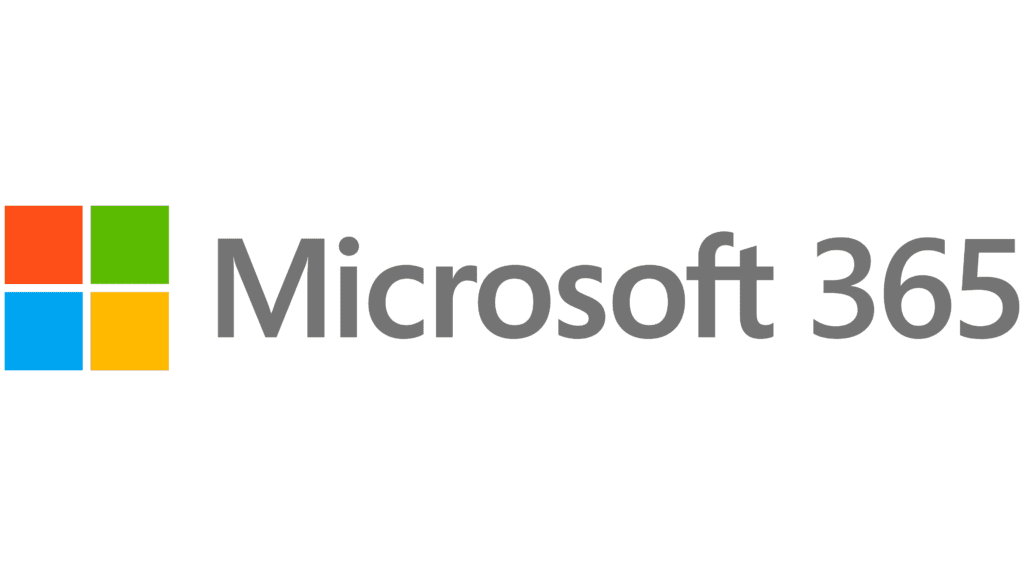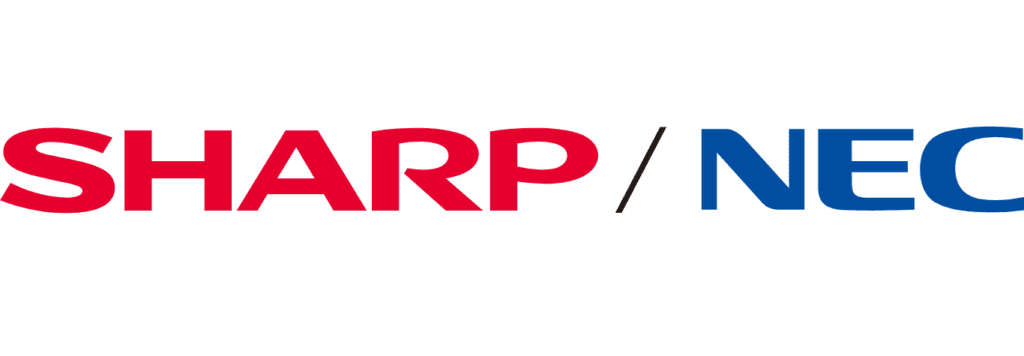
Up until the start of the current millennium, the best office technology solutions were almost exclusively out-of-reach for small to mid-sized businesses (SMBs). If you didn’t have millions of dollars in capital on-hand, you couldn’t build the infrastructure you needed to compete with major enterprises.
Before cloud computing became a household term, deploying cutting-edge technology meant building, configuring, and maintaining your own network of in-house servers. To achieve this, you need to purchase expensive network equipment and hire a team of IT specialists to install it and keep it running smoothly.
This is still true, but new cooperative economic models are evening the playing field between the world’s largest corporations and the SMBs they compete with. Experts like Benjamin Waterhouse believe SMBs are the true drivers of long-term economic growth, and this trend is likely to continue as SMBs increasingly take advantage of the unique opportunities modern technology provides.
Growth-oriented businesses no longer need to operate on optimistic projections or assessments in order to develop infrastructural solutions for the next quarter, year, or even decade. Organizations can now benefit from the same infrastructure previously limited to major enterprises, available on demand.
Managed IT Services: Scalable Office Technology Solutions
For SMBs, managed service vendors are the key to implementing cutting-edge technological infrastructure without making the million-dollar investments that in-house solutions require. Managed service vendors offer network infrastructure, print management, and disaster recovery as services.
These service vendors use economies of scale to provide their small and mid-sized businesses with the most sophisticated office technology solutions available. Instead of purchasing equipment and paying for configuration and maintenance, SMBs simply pay for the usage of the vendor’s equipment, infrastructure, and expertise.
This creates a sustainable and manageable system of costs for the SMB. Instead of making a large financial outlay to deal with occasional peak usage, SMBs may now simply ask their managed service vendors to increase their capabilities, paying exclusively for the resources they actually use.
The managed service vendor takes care of configuring and maintaining the service, so SMBs can focus on the value-generating processes they know best their core business.
Automate Processes Early for Optimal Scalability
With a technological infrastructure comprised of managed service vendors, scalability becomes much more feasible and cost-effective. The next step towards implementing highly competitive office technology solutions is process automation and workflow optimization.
The less manual work a process requires, the easier it is to scale. Modern technology frameworks like Business Process as a Service (BPaaS) allow for nearly every aspect of a process to be automated.
Automated processes not only run faster and more efficiently than manual ones, but they also provide more uniform results, by necessity. When exceptions pop out, it is much easier for manual processes to accommodate special circumstances then it is when all processes are manual.
SMBs leveraging managed service environments should look to their most repetitive, low-impact tasks for automation first. For example, if your organization has high employee turnaround and processes hundreds of new hires per year, automating employee data submission, expense reporting, payroll, and insurance processes can be a powerful strategy for workflow optimization.
State-of-the-Art Security is Mandatory
Office technology goes hand in hand with your company’s security environment. Obsolete or poorly configured systems are cybersecurity vulnerabilities virtually guaranteed to attract unwanted attention.
Signing a managed IT services contract with a reputable vendor ensures your company grounds its IT assets in secure infrastructure and protects sensitive data from interception. Not only does benchmark security mitigate the risk of cyber attacks, but it also improves your ability to rebound from unexpected data disasters.
When your most important data is housed on a secure cloud server, it is protected from potential damage that would otherwise compromise in-house systems. Imagine a fire, flood, or even a simple power outage destroying all of the digital data in your office building with redundant, high-bandwidth backups in the cloud, you could have your entire operation running again within a day.
Don’t Forget About Printing
Print processes are often a secondary concern for SMBs. But considering that the average company spends 1-3% of its annual revenue on document production, it shouldn’t be.
Managed service providers have the technology and expertise SMBs need to streamline print processes and improve the cost-effectiveness of document creation and communication. Managed print services allow small businesses to avoid overspending on print consumables and hardware, while improving security and overall process efficiency.
Managed Office Technology for Growth-Ready SMBs
With the right managed service framework, your small or mid-sized business could put itself on the path to easy, growth-oriented scalability. By transforming major financial outlays into manageable service agreements, you can enjoy access to the best technology available at the moment while only paying for the services you actually use.
Is it time for your organization to deploy best-in-class office technology? Leverage the power of cloud computing and managed IT services supported by DSI expertise.

Jocelyn Gorman, the Executive Vice President of DSI, possesses a deep understanding of the unique requirements of growing businesses. With over a decade of experience collaborating with clients across various industries, she closely collaborates with her Sales Team to develop and implement tailored technology solutions. These solutions aim to enhance office productivity and minimize operational costs. Her remarkable ability to effectively address business challenges has garnered recognition from prestigious publications such as the Cannata Report and Family Business Magazine.


































